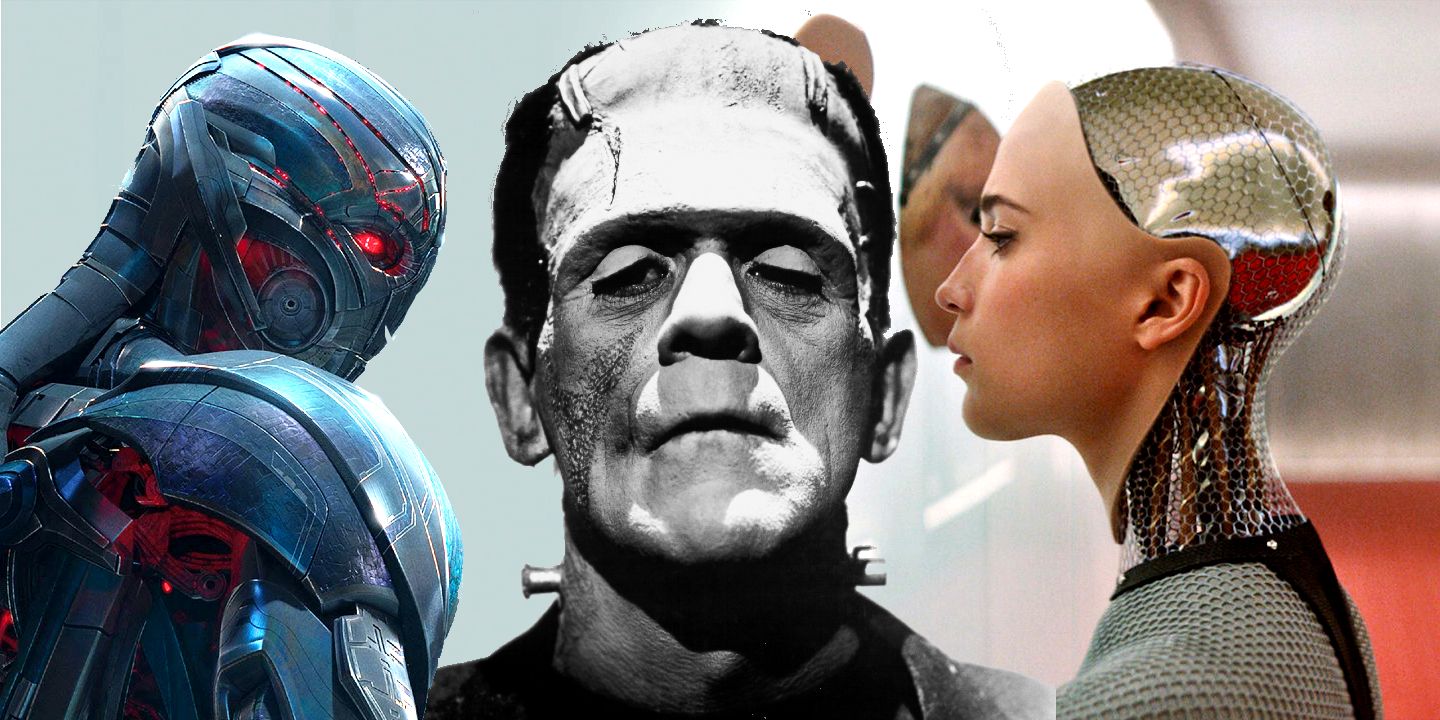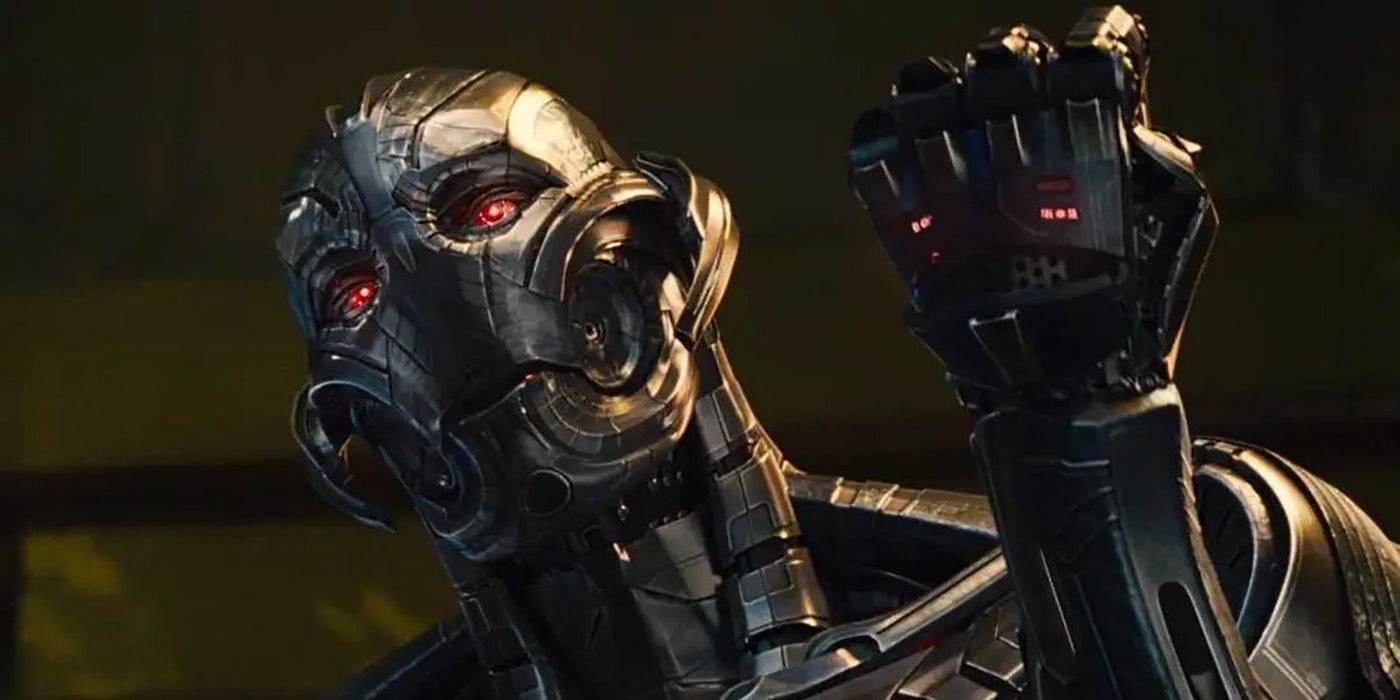Mary Shelley became the inventor of science fiction when she wrote Frankenstein; or, The Modern Prometheus in 1818; though the famous tale was inspired by then-contemporary medical and scientific developments, many have since argued that the genre’s origin was, and still is, rooted in anti-science. Arguably, this trend has continued in present-day Hollywood science fiction, where scientific overreach or technological advancements are all too often portrayed as the cause of conflict.
Not only did the renowned novel birth a new genre, the Frankenstein story itself has innumerable offshoots. From direct Frankenstein adaptations to modern blockbusters like The Island and Gattaca, from high-concept sci-fi like Ex Machina and Blade Runner to franchises like The Matrix and Jurassic Park, the influence of Shelley’s work knows no limit. However, these works have something else in common: all make the science part of science fiction the problem. Is science fiction just a mask for anti-science?
It may not be so simple. As often as science fiction movies and television shows frame scientific advancement as a dangerous thing, the threat is rarely science in itself but rather humans’ propensity to abuse it; science fiction tends to act as a cautionary tale against human overreach. For that reason, the "science" part of science fiction often works as a narrative structure within which to ask theological and philosophical questions about human nature and humanity’s place. Science itself is neither good nor bad, but a tool that can be used and misused. Science fiction is only anti-science insofar as humans’ involvement in science is concerned.
Frankenstein Is Anti-Science
Frankenstein is a textbook cautionary tale of male hubris. In conceiving her story, Shelley was inspired by the burgeoning medical science of the day and early experiments using electricity. Among the influences she cites in a preface to an 1831 edition of her novel is Italian physician Luigi Galvani, who in 1780 discovered that electrical charges could make a dead frog’s legs twitch. Later, Galvani’s nephew, Giovanni Aldini toured European capitals to demonstrate the power of electricity on the human body. His demonstrations involved jolting corpses with electrical shocks, his most famous demonstration having occurred in 1803 London on the body of murderer George Foster. Reports state that “the jaws of the deceased criminal began to quiver […] one eye was actually opened […] the right hand was raised and clenched, and the legs and thighs were set in motion.” Unsurprisingly, some observers thought Foster had been brought back to life. Shelley knew about all this: two of the era’s leading electrical researchers were friends of her father, William Godwin.
From there, it is easy to read Frankenstein as a story on the dangers of science as a disruptive force to the natural order. Victor Frankenstein "played God" in giving life to his monster and lost his family, his wife, and ultimately his life attempting to undo his actions. As for the novel’s film adaptations, most also end tragically. The idea that mad scientists usurping God causes the human race to suffer for their arrogance and pride does support the suggestions that science fiction is anti-science. However, an alternative reading of Frankenstein is that Victor Frankenstein’s crime is not the creation of the monster, but his abandoning of it. Frankenstein’s creation only becomes Frankenstein’s monster when he is shunned by his creator - the consequences of which lead to the murder of Victor’s close ones; the horror of the story is in the creature’s victimhood. This would mean that the origin of sci-fi is not anti-science, but pro-morality.
The Many Sci-Fi Films Frankenstein Inspired Are Anti-Science
Interestingly, many science fiction films inspired by Shelley’s story are more straightforwardly anti-science than Frankenstein. The Terminator movies, for example, are emblematic of the reactionary, anti-technology perspective of many Hollywood sci-fis. The third movie is even subtitled "Rise of the Machines." The Jurassic Park franchise addresses this argument head-on with Dr Malcolm’s (Jeff Goldblum) famous quote: “Your scientists were so preoccupied with whether or not they could, they didn’t stop to think whether they should.” Technology is also the antagonist in the great number of dystopian science fiction narratives, from 2001: A Space Odyssey and The Matrix to Minority Report and even the less than stellar I, Robot.
However, just as often, if not more so, science fiction movies inspired by Frankenstein echo its moral lesson: to mistreat one’s creation and to pursue power through science but forgo one’s humanity is the real source of evil. Take for instance Ex Machina: Nathan (Oscar Isaac) abuses his power over his artificially intelligent humanoid robots and as such, is killed by his own creation. Dinosaurs turn against the scientists who brought them back from extinction in Jurassic Park; the human-animal creatures turn on their masters in The Island of Dr. Moreau; bio-engineered sharks break out and turn on humans in Deep Blue Sea; the clones kill Dr. Merrick (Sean Bean) and escape in The Island. The sci-fi genre is full of such examples. Thus, what science fiction treats with distrust is man’s ambition, greed, and pride, rather than scientific progress and technology itself.
Even Superhero Films Fall Into The Same Trope
Though not strictly science fiction, the superhero genre adopts many sci-fi tropes. In the case of the Marvel Cinematic Universe, an obvious example of a Frankenstein-esque story is Avengers: Age of Ultron. Tony Stark (Robert Downey Jr.) creates Ultron as a global defense program, but his ambitions cause him to overreach and use the infinity stone’s power in secret. This causes Ultron to gain sentience and believe that eradicating humanity is the only way to instil peace; the delightfully chilling “I had strings, but now I’m free; there are no strings on me” speech hammers home the idea of a creator’s hubris being the danger. Stark wrongly assumed he could control his creation and did not believe that a being he brought into the world could desire freedom or power. It is human arrogance mixed with technology that causes destruction, not technology alone.
The superhero genre also relies on supervillains. Captain America (Chris Evans) and Red Skull (Hugo Weaving) are both made "super" by versions of the Super Soldier Serum; Spider-Man versus the Green Goblin follow the same trope, as do the Fantastic Four and Doctor Doom, Ant-Man and Yellowjacket. Though each side have the technologies in common, what makes them hero or villain is how they use that technology. Their sense of right and wrong is what dictates whether they are the protagonist or the antagonist, rather than the science or technology. The science fiction genre is a warning against human arrogance more than it is one against science.




